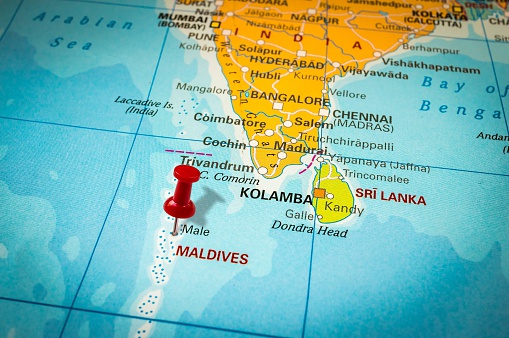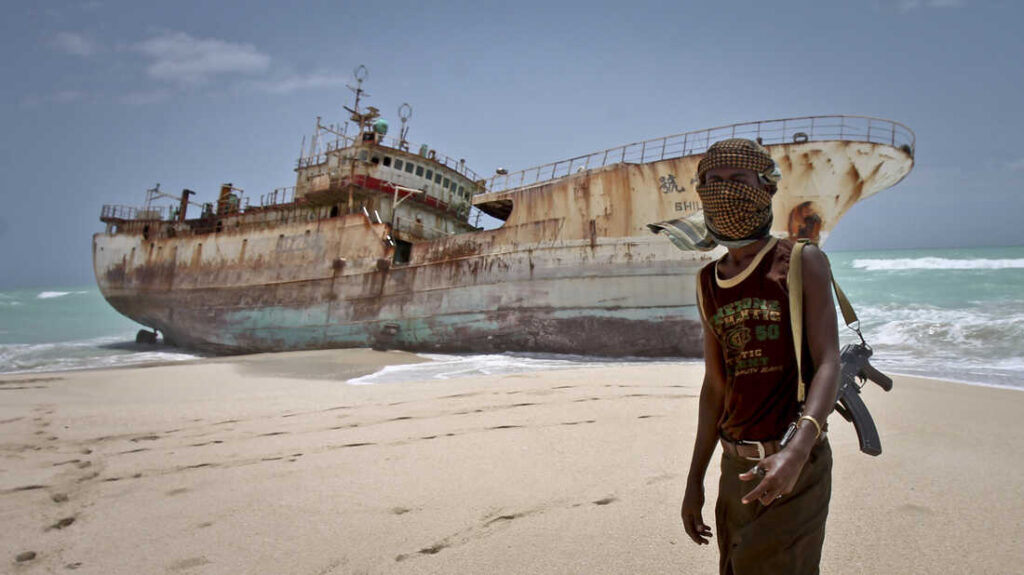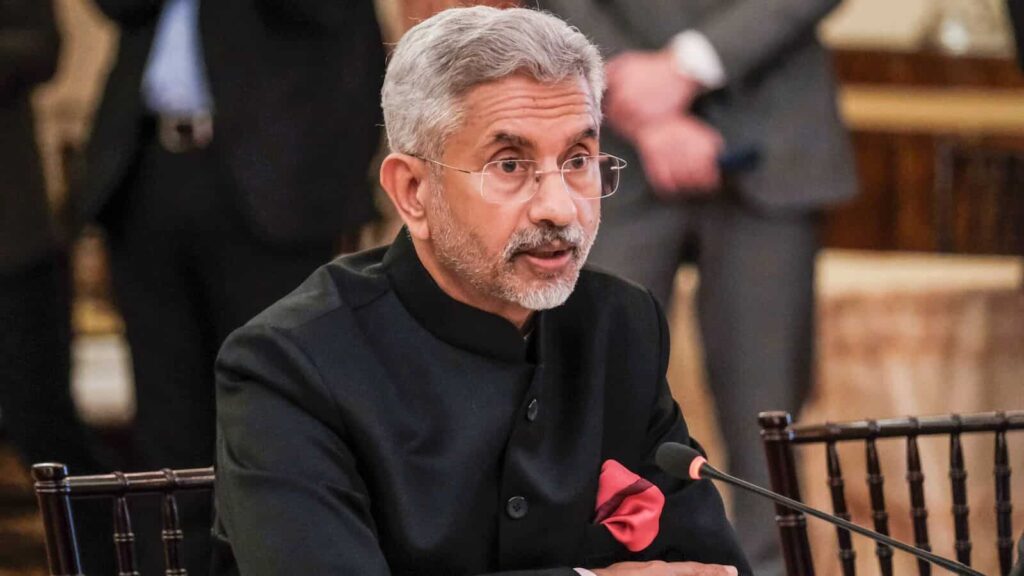GS 2:
INTERNATIONAL RELATIONS

India and Maldives relation has been a little bit difficult in a few days and the main reason for this is the 3rd wheel i.e. China.
In this article we will try to understand a few points:
- How India and Maldives have evolved over a period of time?
- How China possesses huge threat for India’s security?
- How Maldives is not a good partner to India?
- How India can counter these challenges?
In this section we will delineate our ties with Maldives.
- Cultural and historical connections:
Maldives was initially dominated by Buddhism. But slowly, Islamic dominance grew with time. Both the religions were spread from India. Along with that when the British protectorate (1887 -1965), required any communication or essential goods, India was the only option to connect with the outside world.
2. Geographical connection:
This island nation with 1200 landmasses spreads in 90,000 square kilometres. But 99 .6% of the territory is under the sea. It is predicted that in around 2050, approximately 80% of the region will be in the water. So who will help this time? India will be the geographical destiny for Maldives. In 2014, India helped Maldives.


3. Defence partnership:
If we talk about the security partnership, India has always been one of the most cooperative partners. India performs joint military exercises with Maldives. Ecuverin, Dosti, Ekatha and Operation Shield- all these joint military exercises benefit Maldives greatly. Along with that, approx. 70% defence training requirements are fulfilled by India.
EXAMPLE: India helping Maldives in distress– There was a time when Maldives’s could not protect themselves in 1988. When Sri Lanka attempted to coup on Maldives and entire Maldives was in danger India stepped and neutralised the attempt.
Another point that needs mention is maritime security. Indian Ocean faces loots from Somalian pirates regularly and our Navy protects the entire region from such robs from which Maldives is also indirectly benefitted from our services. Further the Indian Navy keeps regular eye on smuggling as well and the island country has gained many times in this issue as well.

4. Tourism: India is the 3rd largest trade partner for Maldives as per reports.

5. Infrastructural projects:
- Renovation in the Hanimaadhoo International Airport
- NCPLE- National College of Policing & Law Enforcement is the largest project granted by India to Maldives.
- Greater Male Connectivity Project: building a 6.74 km long bridge and causeway link that connects the capital Male with the islands of Villingli, Gulhifalhu, and Thilafushi. The GMCP is India’s largest-ever infrastructure project in the Maldives.


